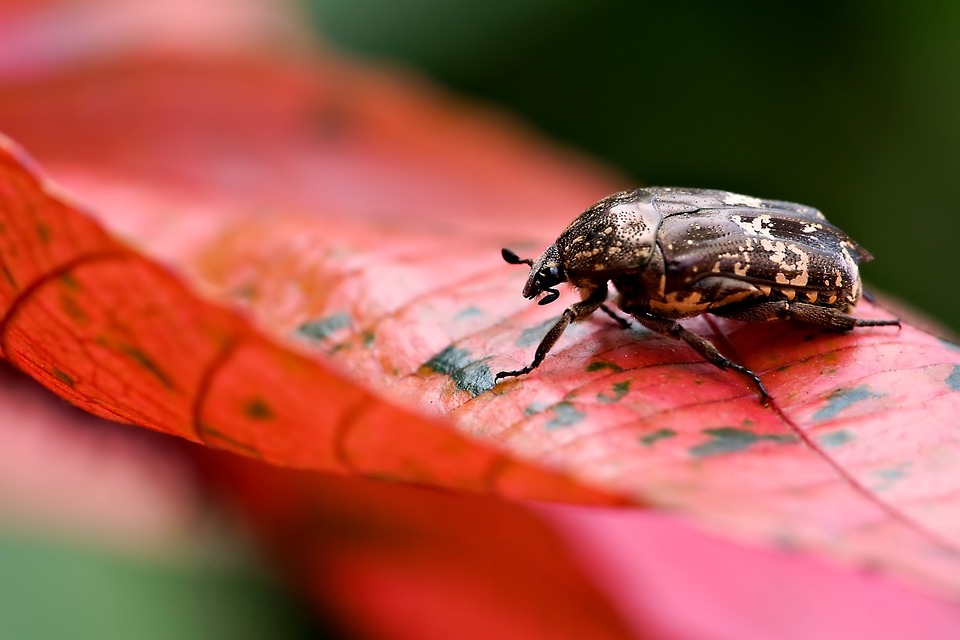As the weather warms and outdoor activities beckon, so does the inevitable presence of pesky insects. For many, the go-to solution has long been DEET (N,N-diethyl-meta-toluamide), a powerful synthetic insect repellent. However, growing concerns about its safety and environmental impact have led many individuals to explore DEET-free alternatives. This article delves into the benefits of choosing DEET-free insect repellents, focusing on health, safety, and ecological considerations.
Understanding DEET
DEET was developed by the U.S. Army in the 1940s and has become one of the most commonly used insect repellents globally. It’s known for its effectiveness against mosquitoes, ticks, and other biting insects. However, while DEET can protect against insect bites, it’s important to consider some of its drawbacks. Studies have raised concerns regarding potential skin irritations, neurological effects, and its impact on the environment when washed off into water systems.
Health Considerations
Skin Sensitivity
Many people experience skin irritation when using products containing DEET, especially those with sensitive skin or allergies. Symptoms can range from mild redness and itchiness to severe reactions. DEET-free alternatives often utilize natural ingredients such as oils derived from plants, which tend to be gentler on the skin, making them a suitable choice for children and individuals with allergies.
Chemical Exposure
The long-term effects of repeated DEET exposure are still being studied, and some users prefer to minimize their chemical footprint. Natural repellents, often comprised of essential oils like lemon eucalyptus oil, lavender oil, or citronella, provide a compelling alternative. These ingredients not only repel insects effectively but also offer the peace of mind that comes from using fewer synthetic chemicals.
Pregnant and Nursing Individuals
Pregnant and nursing women often seek to limit their exposure to potential toxins. The safety of DEET during pregnancy has been evaluated, but some still prefer to choose DEET-free options out of caution. Essential oils known for their insect-repelling properties can be effective substitutes, provided they are used correctly and in moderation.
Environmental Impact
Biodegradability
Another rationale for opting for DEET-free insect repellents is their environmental impact. DEET has been found to pollute water sources and harm aquatic wildlife. In contrast, many natural insect repellents are biodegradable, which means they break down more quickly in the environment. This quality helps to reduce the ecological footprint left by pest control practices.
Wildlife Safety
Beyond water pollution, DEET may adversely affect not only insects but also wildlife. Studies have suggested that high concentrations of DEET can be toxic to certain animals. Natural ingredients used in insect repellents tend to be less harmful to non-target species, supporting biodiversity and harmonious ecosystems.
Effectiveness of DEET-Free Solutions
Some may question the efficacy of DEET-free insect repellents compared to their chemical counterparts. However, research has demonstrated that many plant-derived ingredients can effectively repel insects. For instance, oil of lemon eucalyptus has been shown to offer protection comparable to DEET, and citronella is widely recognized for warding off mosquitoes.
Moreover, many DEET-free repellents come in various forms, including sprays, lotions, and candles, catering to diverse preferences and needs. Users can find products tailored to specific activities such as hiking, camping, or backyard gatherings.
Conclusion
As interest in sustainable living and personal well-being grows, many people are re-evaluating their choice of insect repellents. DEET-free alternatives present a compelling option for those concerned about health, safety, and environmental impact. With a plethora of natural ingredients available, effective and gentle insect protection is within reach. By embracing DEET-free insect repellents, we can shield ourselves from pesky bugs while fostering a healthier planet for all. Whether you’re hiking through a national park, enjoying a day at the beach, or simply relaxing in your backyard, choose natural defense for a more enjoyable outdoor experience.
